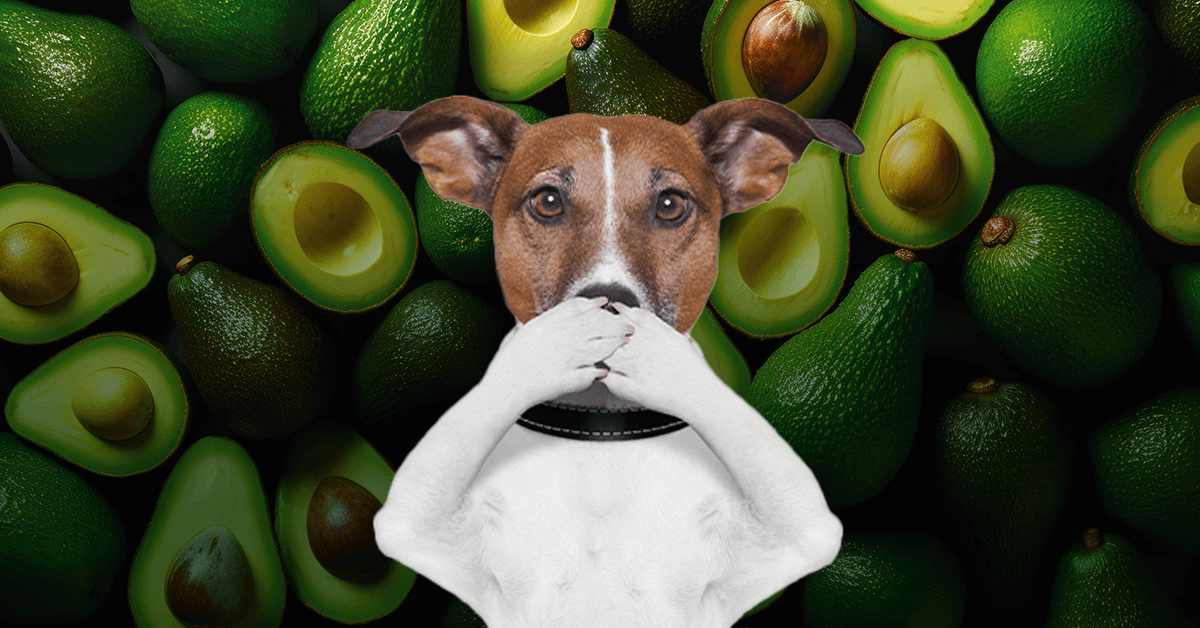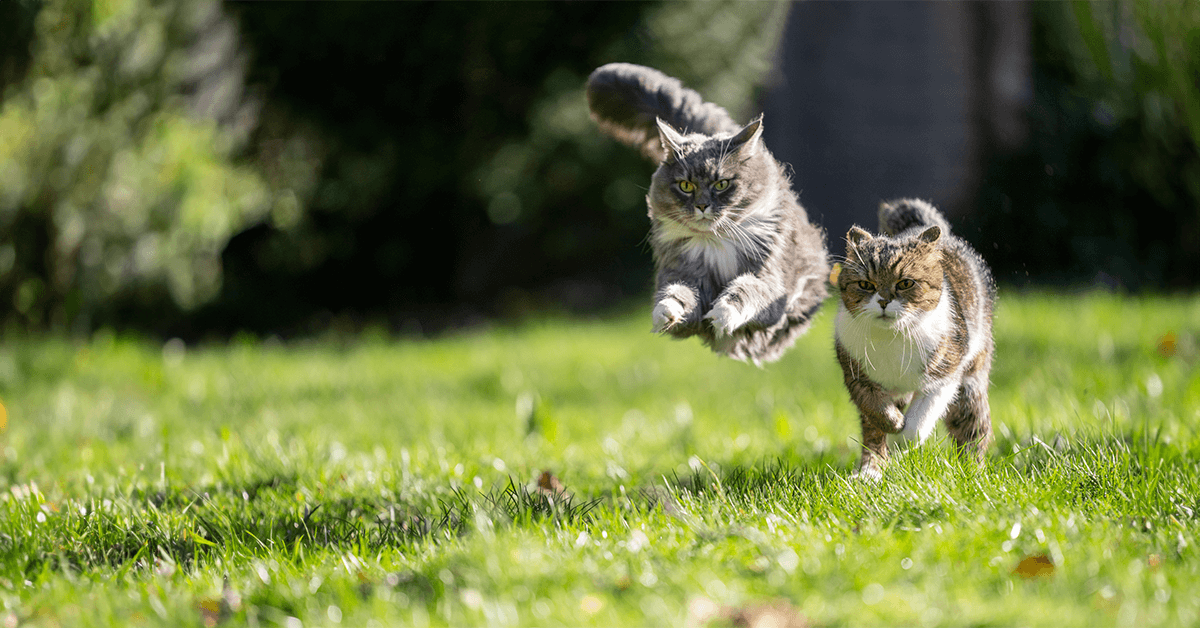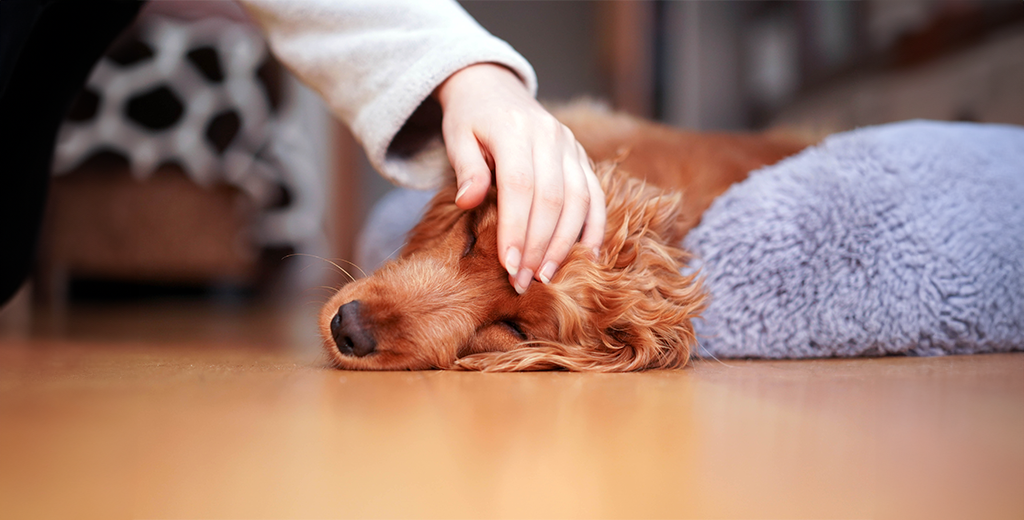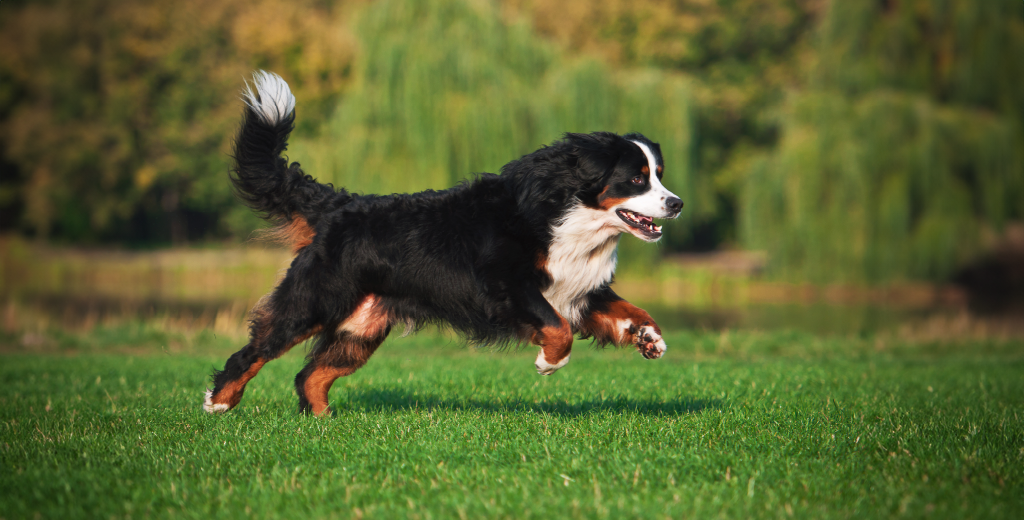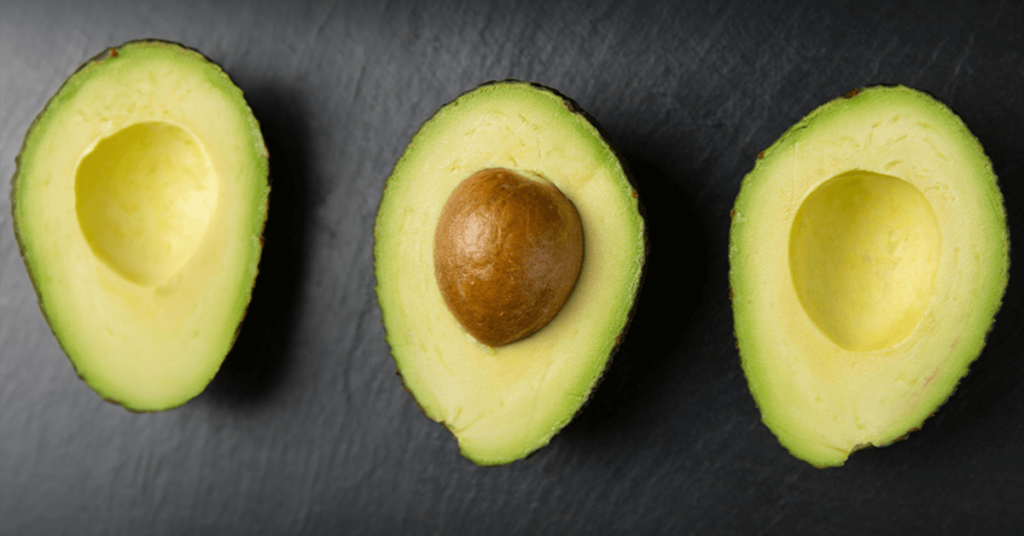
Avocados can be harmful to dogs for several reasons, primarily due to their content of certain compounds that can be toxic to pets.
Here’s a detailed explanation of why avocados are bad for dogs:
1. Persin Toxicity
- Compound: Avocados contain a substance called persin, which is a fungicidal toxin.
2. High Fat Content
- Fat Levels: Avocados have a high fat content, which can be problematic for dogs.
- Potential Problems: Excessive fat intake can lead to pancreatitis, an inflammation of the pancreas that causes abdominal pain, vomiting, and diarrhea. Pancreatitis can be a serious condition that requires veterinary treatment.
3. Digestive Upset
- Symptoms: Even small amounts of avocado can cause digestive upset in dogs, including vomiting, diarrhea, and abdominal discomfort.
- Sensitivity: Dogs have different digestive systems compared to humans, and what might be a minor issue for people can be more severe for dogs.
4. Avocado Pit and Skin
- Choking Hazard: The pit (or seed) of an avocado poses a choking hazard and can cause an intestinal blockage if ingested.
- Skin Toxicity: The skin of the avocado is not only difficult to digest but can also contain higher concentrations of persin.
5. Individual Reactions
- Varied Sensitivity: Different dogs may react differently to avocados. While some might experience mild symptoms, others could have more severe reactions. There’s no guaranteed safe quantity, and even small amounts could potentially cause harm.
6. Preventive Measures
- Avoid Feeding: The best way to protect your dog is to avoid feeding them avocados altogether. Keep avocados out of reach, and be cautious about sharing any human food that might contain avocado.
7. Symptoms of Toxicity
- Watch for Signs: If a dog ingests avocado, watch for signs of toxicity such as vomiting, diarrhea, abdominal pain, lethargy, or changes in appetite. If any of these symptoms occur, contact a veterinarian promptly.
In summary, avocados are not recommended for dogs due to their content of persin, high fat levels, and the potential hazards associated with the pit and skin. If you’re concerned about what foods are safe for your dog, it’s always a good idea to consult with your veterinarian.
